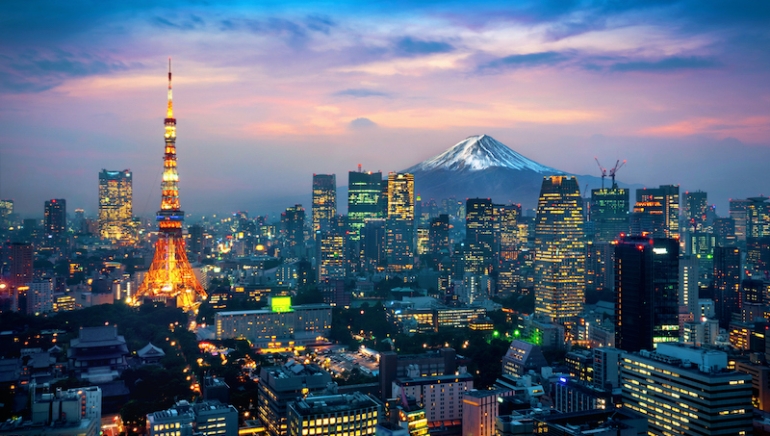On Tuesday, a business survey showed a rise in Japan’s service sector in February, driven by robust tourism and new product launches. The final au Jibun Bank Service Purchasing Managers’ Index (PMI) reached 52.9, slightly down from January’s 53.1, marking continuous expansion since September 2022.
While service conditions improved, manufacturing output softened due to sluggish demand, affecting overall private sector activity. The number of tourists visiting Japan for the eighth straight month in January may signal a record year for tourism. 2023 marked the first time that inbound tourism surpassed the $5 trillion mark in visitor spending in Japan.
New business reached a six-month high due to product returns and increased demand from travellers. Meanwhile, employment grew at its fastest rate since May, especially for full-time positions. Due to growing operations, outstanding business peaked eight months early, and backlogs started to build. Additionally, rising input costs, as well as the cost of fuel and raw materials, were the main causes of price increases over the previous six months.
Though business confidence dipped to a four-month low, optimism prevailed in the service sector amid expectations of enhanced investment and expansion plans. The composite PMI, combining manufacturing and service activity, fell to 50.6 in February from January’s 51.5.














